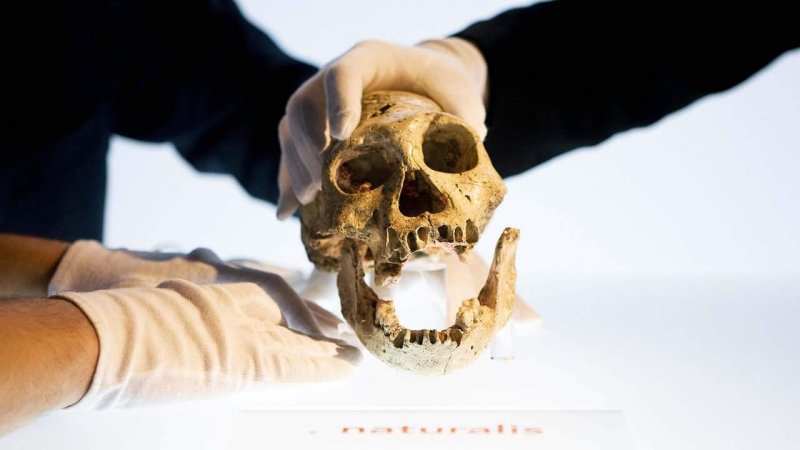Early humans still had great ape-like brains, according to a new study that found modern humans evolved to have our “advanced” thinking organs relatively recently, between 1.7 million and 1.5 million years ago.
This means that the unique brain of modern humans (Homo) developed more than 1 million years after the Homo genus arose, and after the first Homo erectus migrated out of Africa, according to the study, published online [April 7] in the journal Science.
The finding overturns a previously held view that humans’ frontal lobe — the part of the brain that processes complex cognitive tasks, including social thought, tool use and language — developed at the transition from Australopithecus to Homo, which happened roughly 2.8 million to 2.5 million years ago, the researchers said.
It remains a mystery why Homo brains evolved to have a sophisticated frontal lobe, but scientists have a few ideas. Perhaps, it’s an instance of the so-called “Baldwin effect,” when an ability to learn a new behavior can drive changes to genetics and phenotype, or appearance, [researcher Christoph] Zollikofer said.
In this case, it’s possible that brain structures responsible for language and other complex cognitive tasks grew in an environment that fostered and needed proto-language-like communication, he said.































